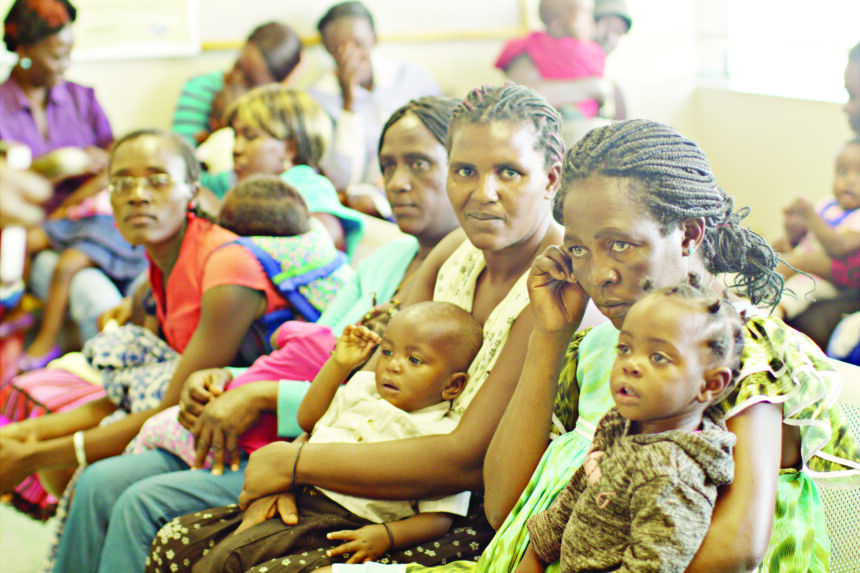The number of children dying in Namibia has slightly reduced as the country recorded 40 deaths per 1000 live births in 2020 to 38 per 1000 live births last year.
This is according to the 2024 United Nations Inter-Agency Group on Child Mortality Estimations Report.
Unicef representative Samuel Kweku Ocran said Namibia had reduced under-five years old and newborn deaths.
“The reduction rate though is at a slower pace, particularly for the newborn deaths. The same UN report shows that at the current rate of under-five deaths reduction, Namibia is projected to miss SDG target for health (3.2.1) by 2030, and only achieve the target in 2038,” said Ocran at the inaugural quality management conference in Windhoek yesterday.
He said quality and performance improvement are vital components of the healthcare system, as they play a key role in improving patient outcomes, promoting patient safety, and optimising healthcare delivery.
“These processes focus on evaluating and enhancing the effectiveness, efficiency and reliability of healthcare services, eventually leading to improved healthcare quality. Therefore, when care improves, at all levels, it contributes to increasing efficiency and cost-effectiveness; driving evidence-based practice, and further ensures patient safety,” he noted.
Health minister Dr Kalumbi Shangula stated that the ministry is deeply committed to the continuous improvement, modernisation and enhancement of healthcare services in the country.
“Health knows no boundaries; it is a shared responsibility. The public and private sector health providers each bring unique strengths. Public health facilities (outreach points, health posts, clinics, health centres and hospitals) serve as the bedrock for many communities, ensuring access to essential health services, while private facilities often lead in innovation and cutting-edge care,” he indicated.
Shangula further said the conference provided a platform for the ministry and stakeholders to reflect on existing policies and strategies, notably the National Quality Policy and Strategy (NQPS), which was launched in September 2022.
He said the NQPS underscores the importance of knowledge management as a cornerstone for effective implementation of interventions and it is this foundation that informs this inaugural Quality Management Conference.
“The ministry has, for several years, implemented Quality Improvement (QI) collaboratives together with our development cooperation partners, particularly those focused on addressing specific gaps in HIV care and maternal and newborn health that show our commitment to translating policy into tangible, high-quality healthcare practices,” he stated.
The United States government, through Centres for Disease Control and Prevention (CDC) and USAID, with funding from PEPFAR, has been closely connected with Quality Management since the beginning of the ministry of health-led HIV response.
CDC representative Brian Baker said ensuring that services are of high quality is neither simple nor easy.
While all healthcare systems seek to provide quality services, doing so requires strong health systems, and requires putting policy into practice – the theme of this conference, said Baker.
“Quality relies upon data. The United States government supports the Namibian government health information systems, making them stronger, resilient, and timelier, while also ensuring that the data from those systems are more easily accessible to healthcare providers and MOHSS users,” stated Baker.
He added: “Quality also relies on training. The CDC supports the Namibia Health Training Centre in its goal to build capacity and translate skills to Namibian workers, from community health workers to health assistants to nurses to pharmacists and medical officers.”
USAID also supported self-paced online training of the voluntary medical male circumcision (VMMC) syllabus for VMMC health providers to improve quality management.
Baker said since 2007, when the health ministry embarked on its first quality improvement activities with the launch of the HIV Quality, the U.S. government has been a dedicated partner, standing alongside the ministry every step of the way.
-psiririka@nepc.com.na



